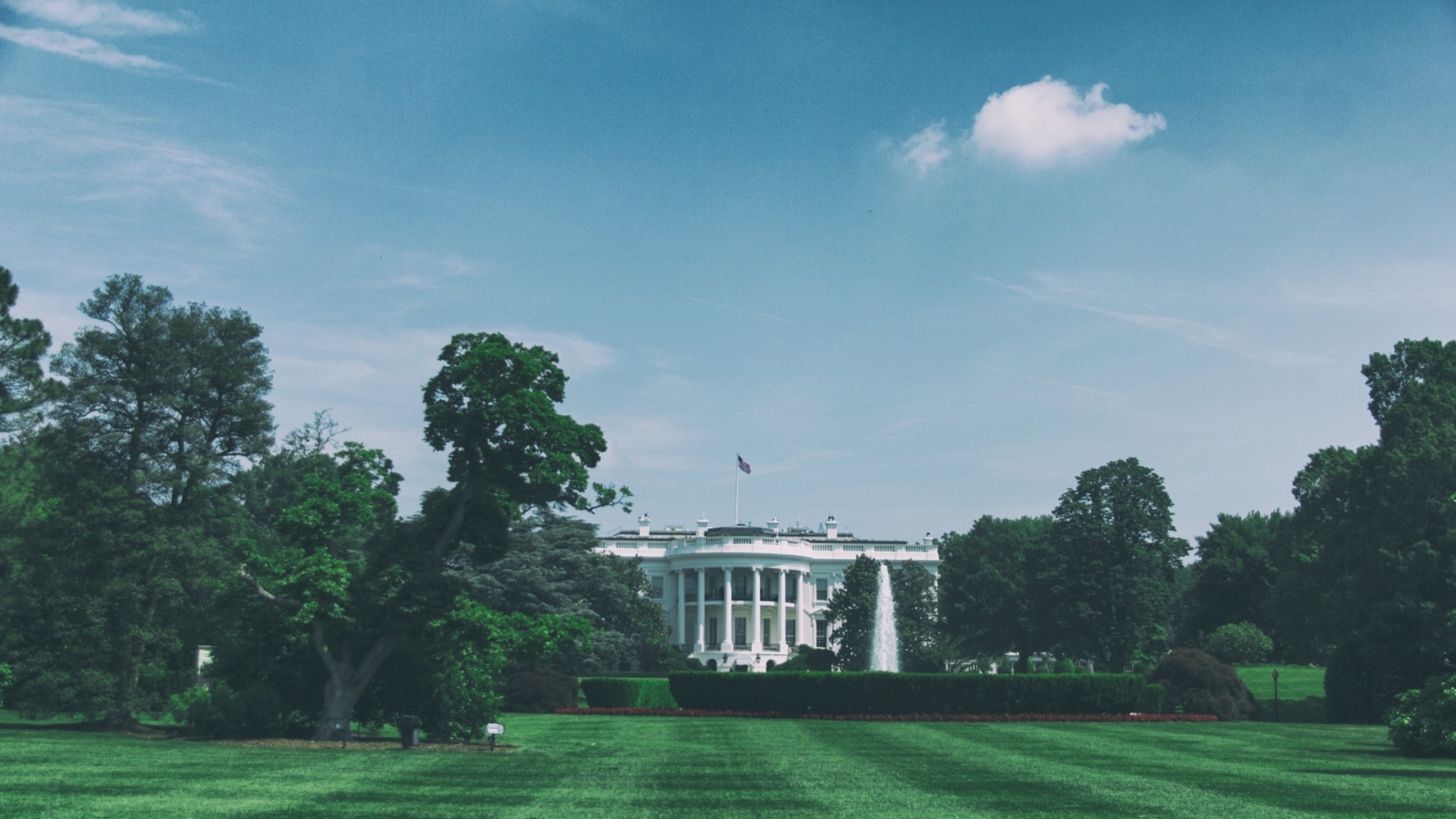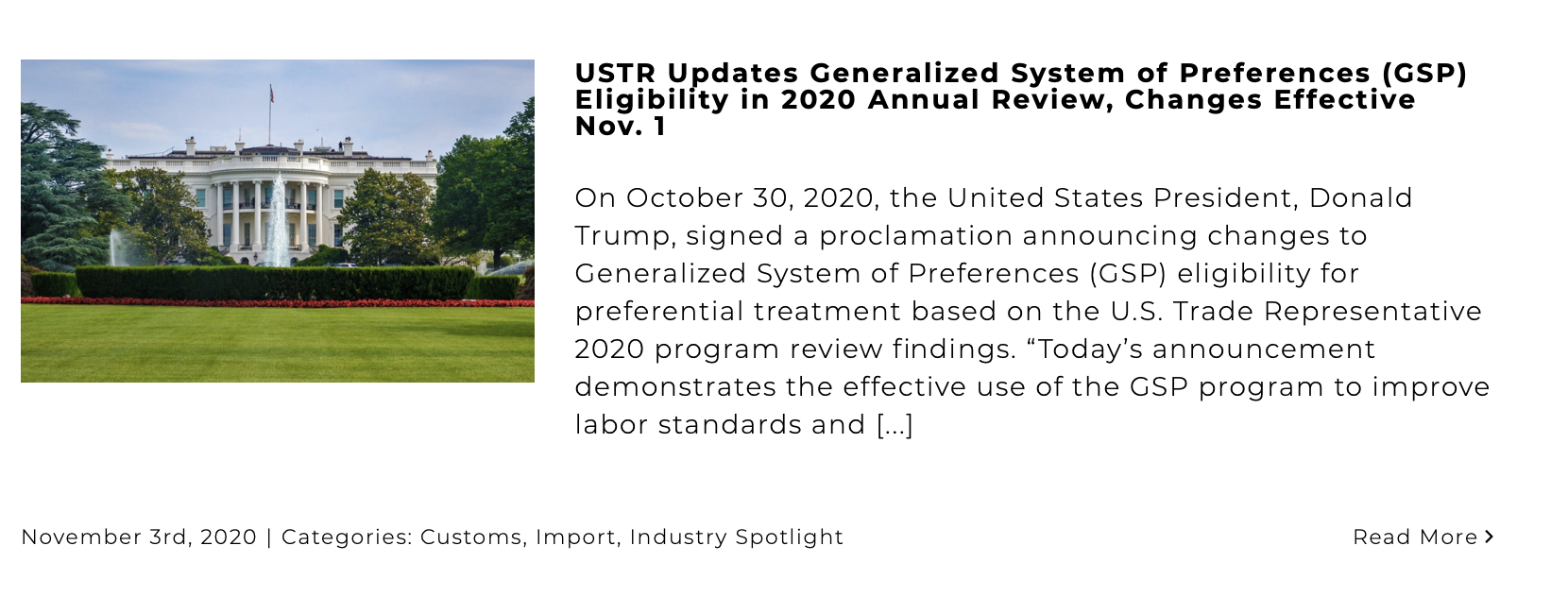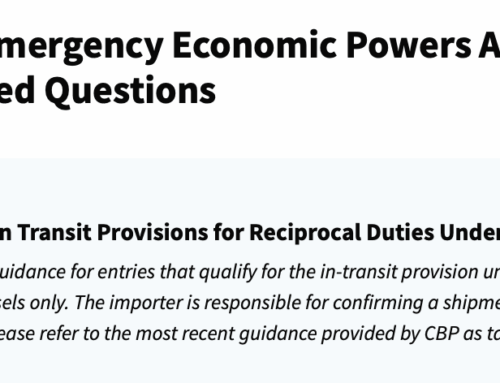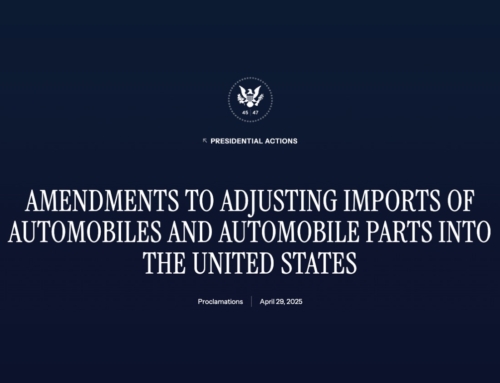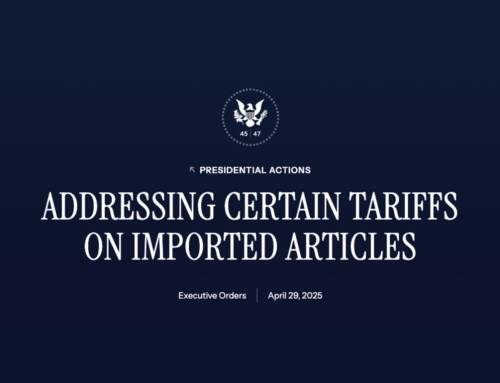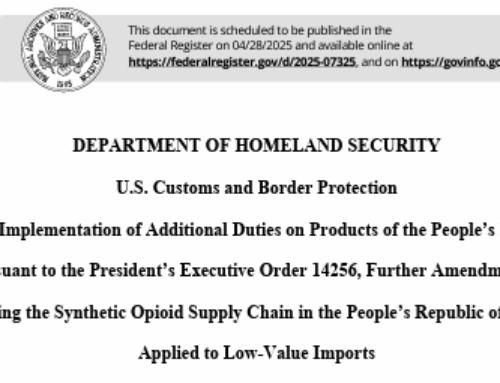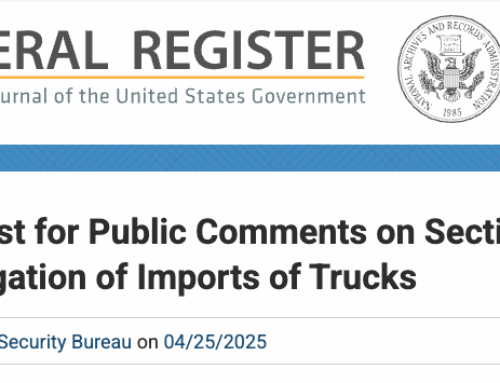U.S. businesses are getting more and more concerned as two important trade programs, Generalized System of Preferences (GSP) and the Miscellaneous Tariff Bill (MTB), that are set to expire at the end of the year, face controversial changes.
As reported early last month, on October 30, 2020, the United States President, Donald Trump, issued a Proclamation to Modify Duty-Free Treatment Under the Generalized System of Preferences and for Other Purposes, that announced significant changes to existing legislation; such as removing GSP benefits for Thailand, added fresh-cut roses, removed parboiled rice, and detailed new Competitive Need Limitations (CNL) on specific products based on volumes imported the previous year.
In response, over 200 importers urged the government to pass the Miscellaneous Tariff Bill in a letter to Congress on December 4th:
The MTB corrects, on a temporary basis, historical distortions in the U.S. tariff code by eliminating border tariffs on imported products for which there is no or insufficient domestic production and availability. Without the MTB, these distortions would undermine jobs and the competitiveness of manufacturers in the United States…
If the MTB is not passed this year, manufacturers and other businesses will pay more than $1.3 million per day starting in January in out-of-date, distortive and anticompetitive import tariffs on products not made in the United States or not available in domestic markets.
In 2018, the Miscellaneous Tariff Bill Act passed both the House of Representatives and the Senate with unanimous support and was signed by President Trump.
In 2020, however, a 6-month extension of the existing MTB is being considered in order to review newly proposed legislation, The Trade Preference Reform and Worker Protection Act, that seeks to (1) exclude countries from GSP benefits that are suspected of forced or child labor by the U.S. Department of Labor, and (2) limit GSP benefits to developing countries during times when U.S. unemployment is above 4% (over a 4-month average).
you ask, green answers
Don’t see the answer you’re looking for? Submit any supply chain question and one of our Green Freight Experts will answer it for you.

